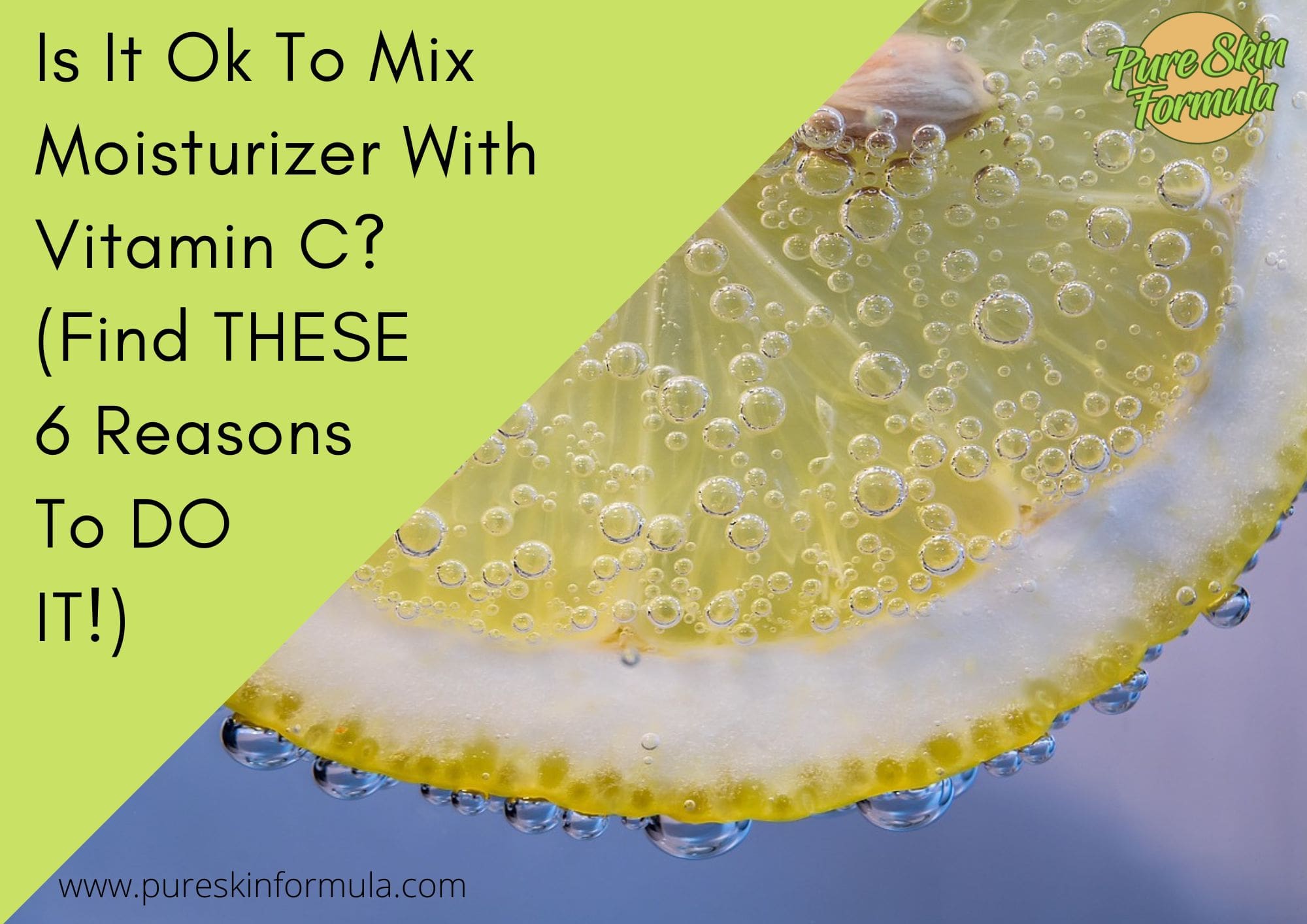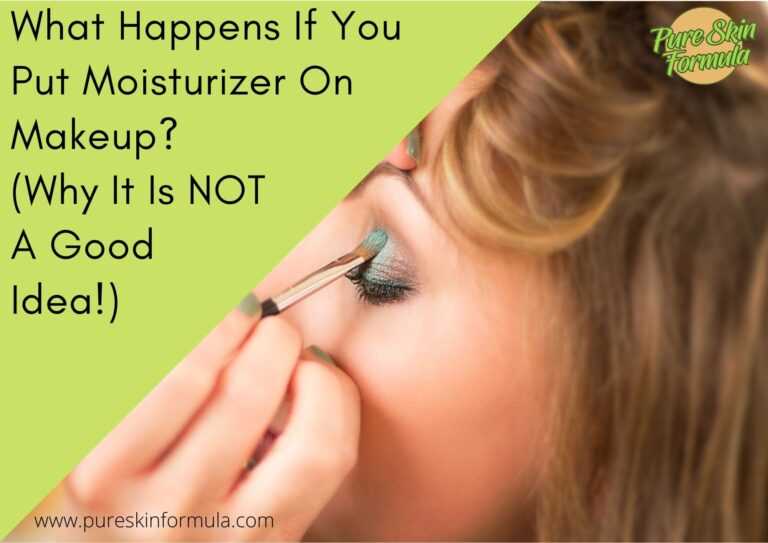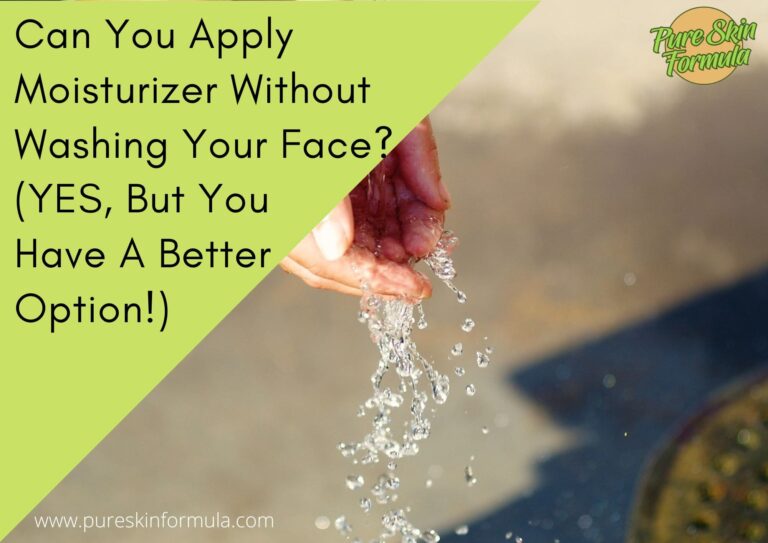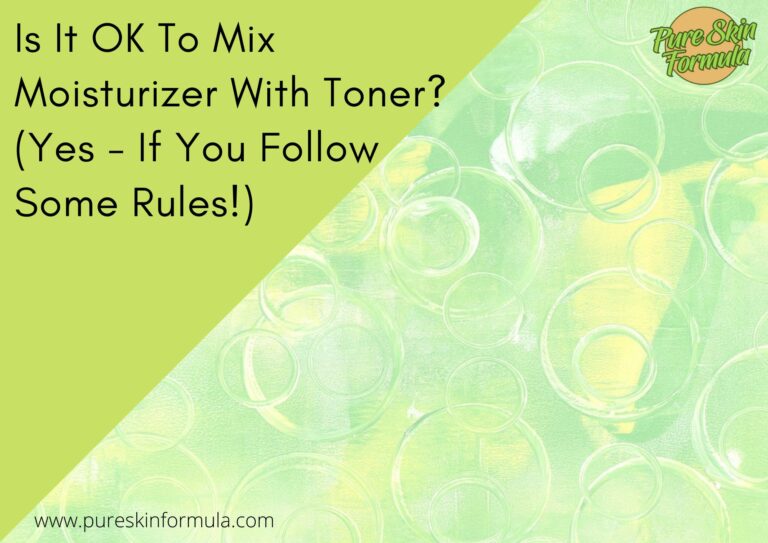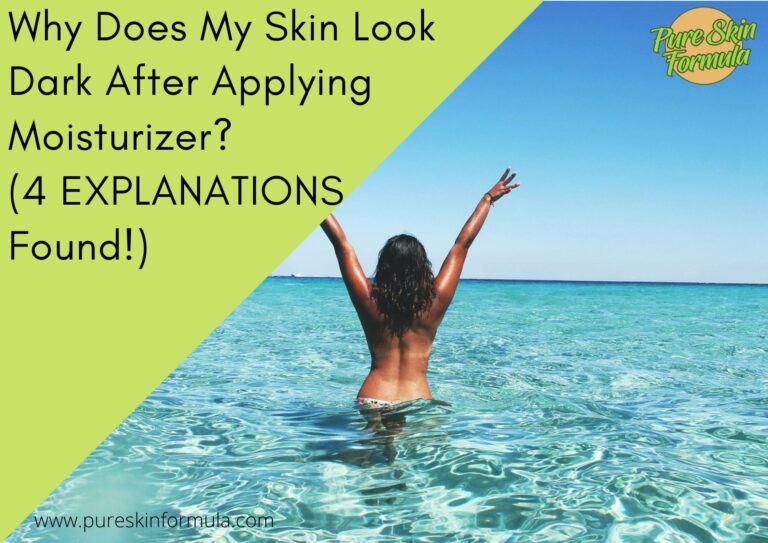Vitamin C (ascorbic acid) is water-soluble in many fruits and vegetables.
It acts as an antioxidant, neutralizing free radicals and reducing inflammation and disease risk. Vitamin C has a wide range of metabolic functions and significantly increases cellular immunity.
It offers protection from oxidative free radicals and is vital to collagen production, so taking high doses of vitamin C reduces wrinkling and sagging of the skin.
With so many benefits, it is logical to think about how it can link with moisturizers. Why? Because we all know how vital moisturizer is in the skincare routine.
Is It Ok To Mix Moisturizer With Vitamin C?
Yes, It is. See below these six ways Vitamin C can support your moisturizer:
- It restores your collagen, which helps to improve skin elasticity and reduce the appearance of fine lines and wrinkles;
- It brightens your skin, reducing the appearance of dark spots and hyperpigmentation;
- It protects you against the sun’s UV light, thus having anti-aging effect;
- It has anti-inflammatory properties and helps to soothe and calm irritated or inflamed skin;
- It hydrates your skin and improves the skin’s moisture retention;
- It helps to repair damaged skin cells, promoting faster healing and reducing the risk of scarring.
Let’s detail how to implement this powerful oxidant in our skincare routine.
What is the magic behind vitamin C?
Research shows that vitamin C plays an active role in the process of regeneration of damaged cells.
Along with a healthy diet, when applied directly to the skin, it enhances the process for faster recovery.
Vitamin C is a reducing agent, meaning it can donate electrons to other molecules to neutralize them.
This property neutralises free radicals and protects the body from oxidative damage. Thus it boosts the immune system and the skin.
It is easily absorbed by it and blocks the ill effects of UV light and polluted air.

Vitamin C prevents inflammation, which helps heal wounds and soothes the redness of the skin.
Since it is highly acidic, it will trigger the collagen production and elastin when applied directly to the skin. Let’s not forget the firming effect of vitamin C on healthy skin.
The earlier you incorporate a vitamin C serum into your daily skincare routine, the better results you’ll get in the long run.
What are the chemical properties of vitamin C regarding our skincare?
Vitamin C is a water-soluble vitamin which dissolves easily in water. As far as moisturizing products include water, this fact makes blending them easier.
Vitamin C is pH-dependent, meaning its stability and effectiveness can be significantly affected by changes in pH. It is most effective at a pH level between 3 and 4.
Heat-sensitive: Vitamin C is sensitive to heat and can be degraded by exposure to high temperatures.
This property means storing Vitamin C supplements and products in cool, dry places away from heat and light is essential.
Why is it OK to mix moisturizer with vitamin C?
We have discussed the benefits of vitamin C. Let’s talk about moisturizers.
Moisturizers are emulsions – a blend of oils, water and particular substances called emulsifiers.
They do their magic to make the oil in the water stay together in a skincare product.
Based on the blending procedure, there are two primary types of moisturizers.
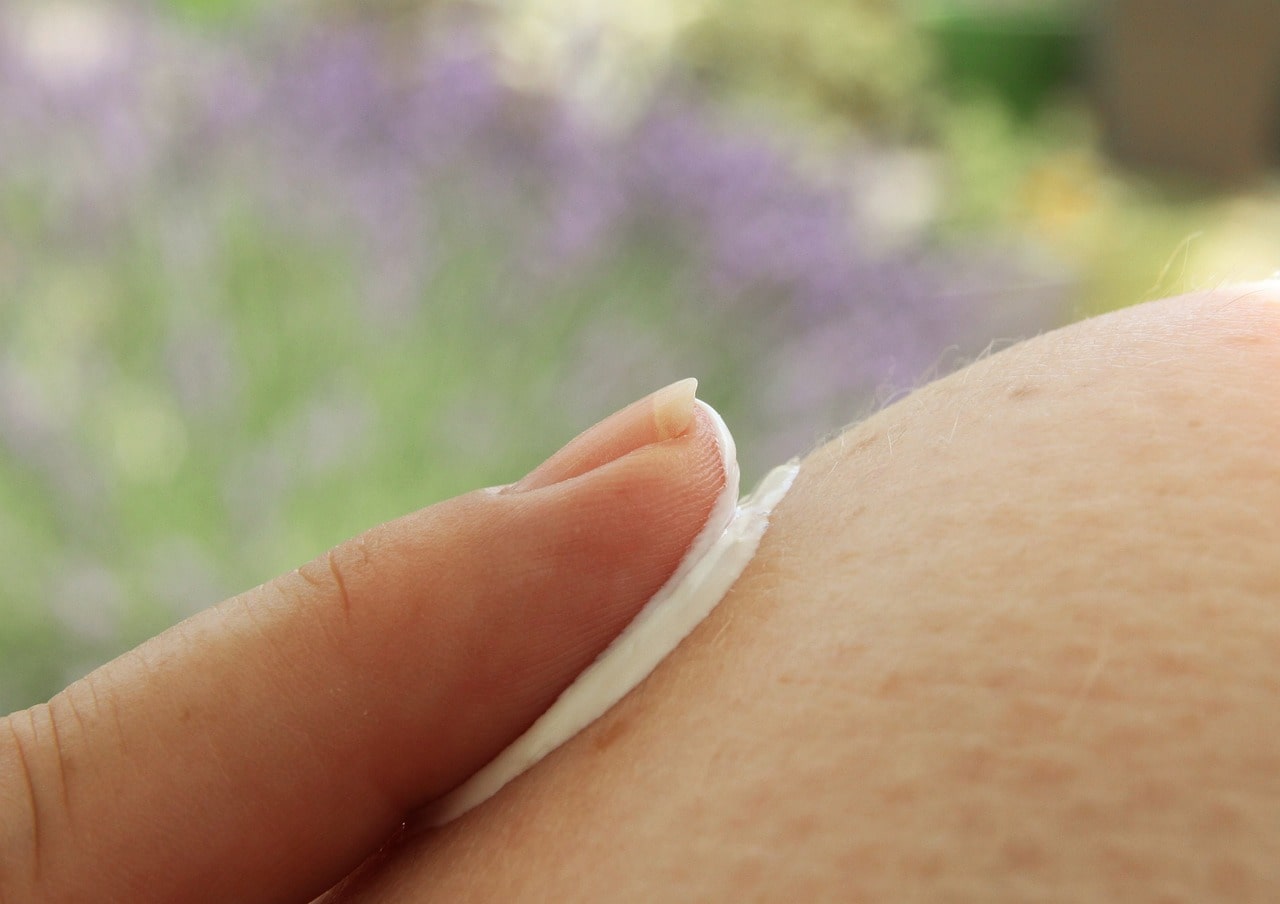
Water-based ones are produced when oil is poured and mixed with water. They are suitable for combination and oily skin. These moisturizers are liquid and spread quickly on the skin.
Oil-based moisturizers are made the opposite – water is poured and mixed into the oil. They are suitable for dry skin. The substance is thicker and spreads more difficult on the skin.
Typically the formula of a moisturizing product would add more ingredients to nourish and protect the skin. Such as:
Cosmetic active agents – add specific properties to the emulsion. Active skin agents may be:
- moisturizing (vegetable glycerin, hyaluronic acid);
- anti-aging or anti-oxidation product (coenzyme Q10, vitamin E);
- soothing (allantoin, chamomile essential oil);
- mattifying (concealer, powder);
- antibacterial (propolis, tea tree);
- restorative (lavender essential oil, provitamin B5).
Preservatives and antioxidants – ensure the longevity of the emulsion and protect it from going rancid
Fragrances and colorants – make the emulsion smell and look better.
Having all these ingredients in a moisturizer, it is an option to add vitamin C to see what happens.
What is the best way to mix vitamin C with moisturizer?
For this purpose, you can use vitamin C serum. First, wash and dry your face. Take both products and apply a small amount to your hand.
You should use a water-based moisturizer, which is more liquid than oil-based. Thus it is more compatible with the serum.
Ensure both products are well blended in your hand, and gently apply the mixture to your skin.
Wait until it is absorbed before you continue with your skincare routine, like sunscreen, for example.
To be safe, start with a small amount of vitamin C to avoid irritation, especially if you have sensitive skin.
Experiment with the quantities of the products to understand the proper proportion for you.
What should you pay attention to when mixing both products?
There are some rules which you better follow to avoid some potential risks. Vitamin C is most effective at a pH level between 3 and 4, which is slightly acidic.
When the pH level is too high or too low, the stability and efficacy of vitamin C can be compromised.
Choosing products with a compatible pH level ensures their effectiveness on the skin.
Avoid mixing vitamin C and moisturizer with a more significant amount of Alpha hydroxy acids. Too many acidic environments might irritate your skin.

There are seven types of alpha hydroxy acids:
- Citric acid (from citrus fruits);
- Glycolic acid (from sugar cane);
- Hydroxycaproic acid (from royal jelly);
- Hydroxycaprylic acid (from animals);
- Lactic acid (from lactose or other carbohydrates);
- Malic acid (from fruit);
- Tartaric acid (from grapes)
Benzoyl Peroxide can potentially oxidise Vitamin C, which will, in turn, make it less effective. Avoid blending them.
Vitamin C should not be combined with retinol because the two components require different skin pH levels to work effectively.
Therefore, vitamin C serums are usually used in the morning and retinol in the evening.
Niacinamide is a form of Vitamin B3 often used in skincare products to help brighten the skin and reduce the appearance of fine lines and wrinkles.
While it can be effective when used alone, it can potentially reduce the effectiveness of Vitamin C when used together.
Copper peptides are a type of amino acid complex that is often used in anti-aging skincare products.
While they can be effective independently, they can interact with Vitamin C and reduce the effectiveness of both substances.
It’s best to use these ingredients at separate times of the day or on alternate days.
The bottom line
Yes, you can mix vitamin C with moisturizer. Both should participate in your skincare regimen.
You should follow a couple of rules to make a more efficient blend. For example – use vitamin C serum and water-based moisturizer.
Some ingredients don’t interact well with vitamin C. If they are included in your moisturizer’s formula, find another one without them and proceed.
Make patch tests until you find the best proportion for your skin type.
Thanks for reading!
Valeria

